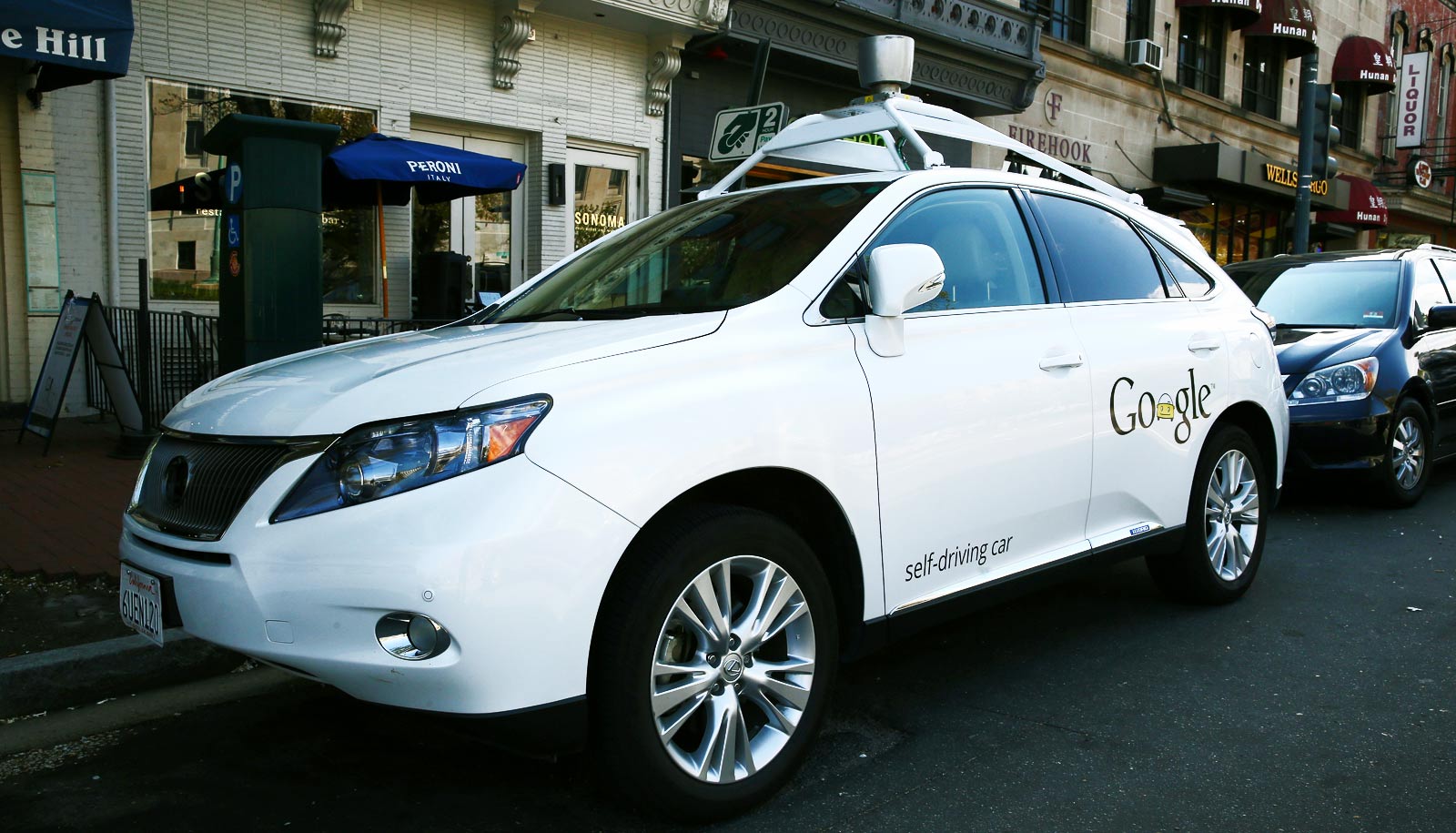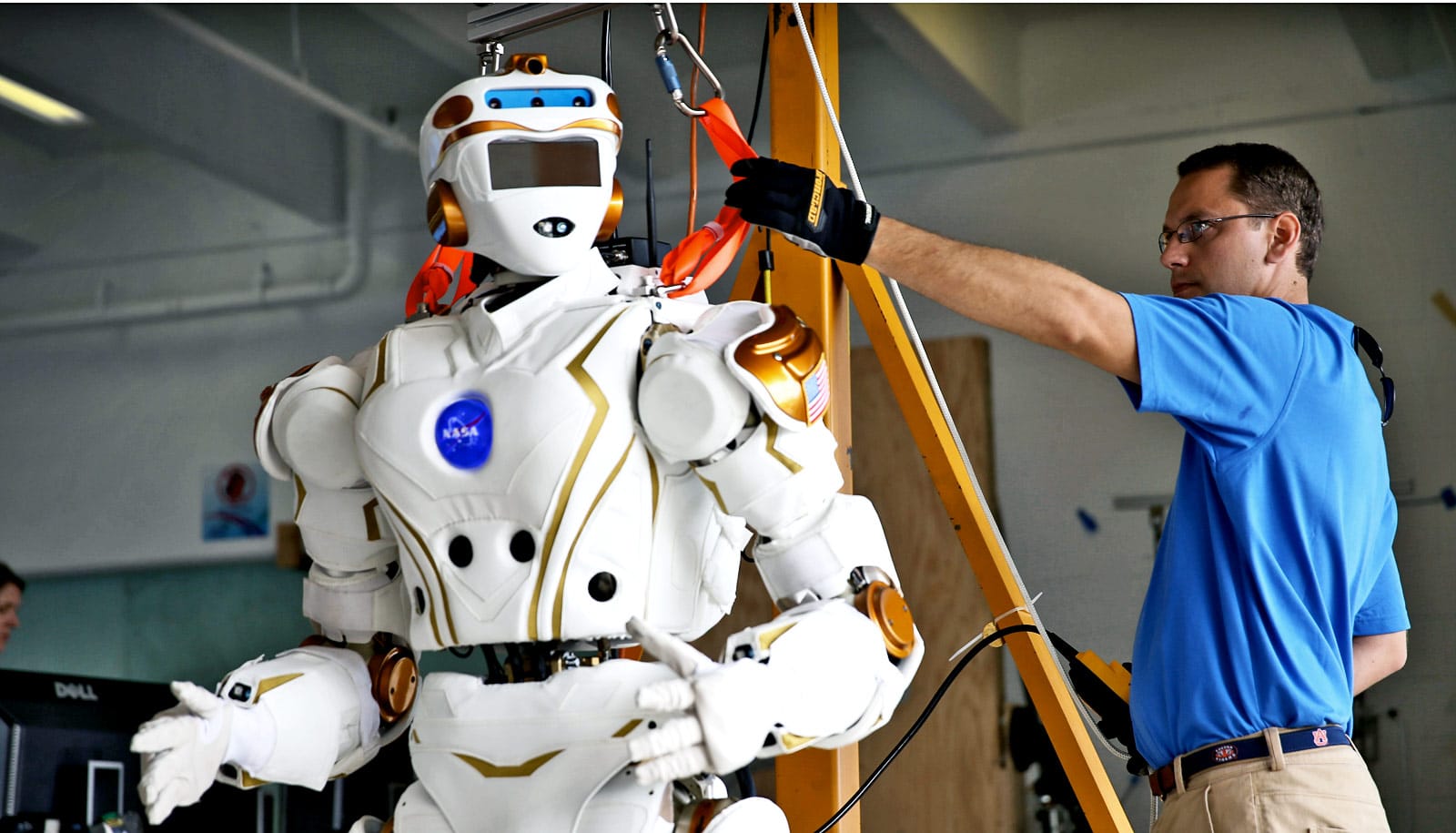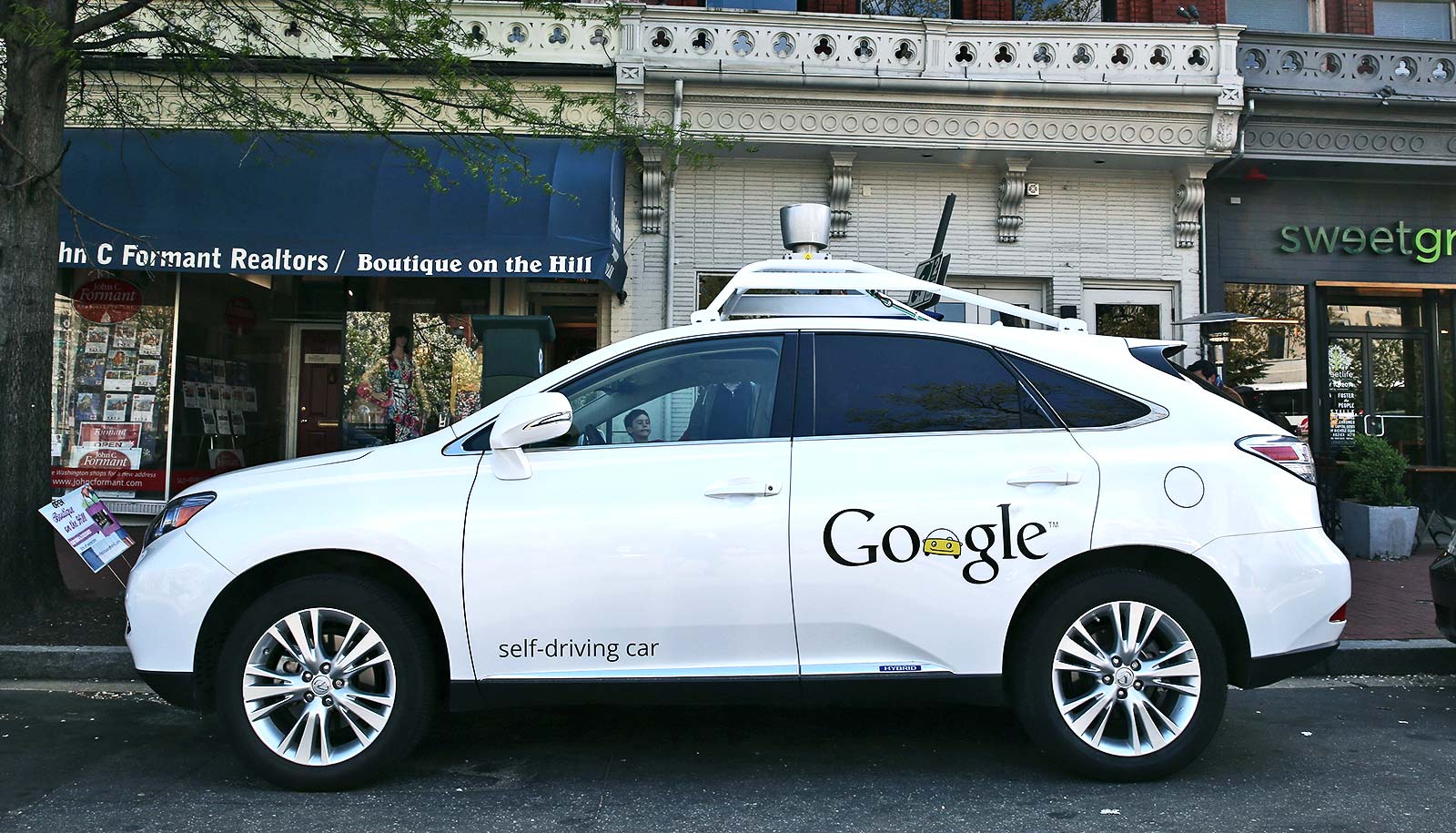Trusting your automated car depends a lot on when it lets you know what it’s going to do, according to a new study.
“What we found is that explanations promote trust with humans but only if they are given before the car takes actions,” says Lionel Robert, associate professor at the School of Information at the University of Michigan. “Explanations in and of themselves aren’t necessarily good things and explanations after the fact don’t seem to do much.”
As an example, Roberts says a car’s intelligence may reveal that an accident ahead has halted traffic. The car can make an adjustment without any explanation; take an alternative route and explain later; tell the human what it is going to do ahead of time; or ask if the human wants it to take the next available exit.
People reported more trust in the automation if the car gave an explanation before the action, he says.
“Humans build trust off of expectations,” Robert says. “So, if you say you are going to come today at 2 o’clock, I trust you to come at 2 o’clock. If you didn’t come at 2 o’clock I think, ‘Oh, I can’t trust this person.’
“One way you may try to mitigate a loss of trust is to say, ‘I couldn’t come at 2 o’clock because of blah blah blah.’ Better still, is if you call me and say, ‘Something came up and I’m running late, but I am on my way.’ Not only is that a good strategy to minimize my loss of trust in you, it may increase my trust in you.
“It’s the same thing with machines. We have an expectation of what they should do and when they don’t behave that way, we lose trust in them.”
Further, the new study found no significant decreases in anxiety or mental workload when cars gave riders an advance explanation. That’s surprising, Roberts says, since trust usually comes with a sense of calm that would suggest decreased anxiety.
Researchers conducted the study in a laboratory simulation of urban, highway, and rural route driving at the University of Michigan Transportation Research Institute. The study included 32 people, 11 of them women. After experiencing the vehicle’s driving, participants completed questionnaires that measured trust, anxiety, workload, and preference for automated vehicles.
The ability for automated vehicles to give trust-building advance explanations in the future will depend on better intelligence about road and traffic conditions, Roberts says.
The University of Michigan’s Mcity and the National Science Foundation funded the work, which appears in Transportation Research Part C: Emerging Technologies.
Source: University of Michigan



